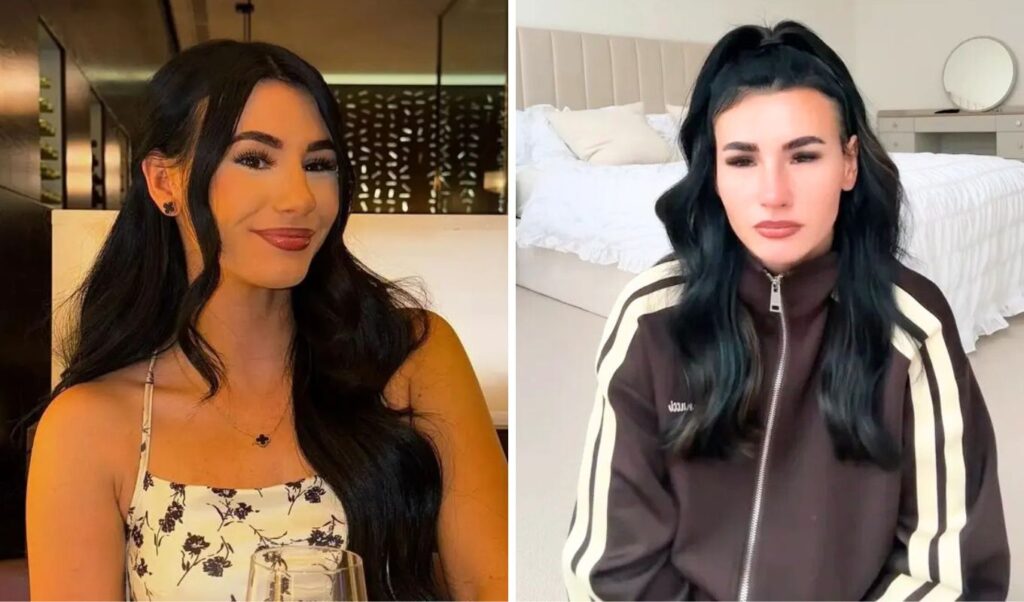Scandal has erupted in Britain following the revelation that Brittany Miller, a well-known lifestyle and family influencer with millions of TikTok followers, had pretended to suffer from stage three stomach cancer to gain sympathy and support from her audience. The incident dates back to 2017, when the then 21-year-old from Oxford announced her diagnosis to her few followers, launching a fundraising campaign through friends and acquaintances that soon disappeared from social media. The case returned to the spotlight when a former friend exposed the fraud.
Brittany Miller’s “confession”
In a tearful video she posted recently, the 29-year-old influencer admitted that her claim about having cancer was false and that she was in a “very bad psychological state, lost, depressed and self-destructive.” Miller emphasized that she told a friend she had cancer in a moment of weakness and deeply regretted her statement. She also denied creating the fundraising page herself, claiming that as soon as she saw donations had been made, she immediately took it down.
Anger and reactions on social media
The revelation sparked a storm of reactions. People who have suffered from cancer or lost loved ones to the disease expressed anger over the fraud, characterizing her behavior as “despicable” and “inhuman.” A young TikToker suffering from Hodgkin’s lymphoma stated: “Watching someone pretend to go through this ordeal and receive sympathy and money meant for real patients isn’t just wrong, it’s inhuman.” Meanwhile, many commented that the influencer deletes comments or blocks accounts that mention the case.
Career impact and ethical concerns
Despite the revelations, Miller managed to build a successful career with partnerships with well-known brands like Temu and Shein, though it appears she has already suffered professional consequences. She removed contact information from her accounts, which is interpreted as ending her relationship with the agency that managed her. The case has opened a broader discussion in Britain about the ethical boundaries of influencers and the dividing line between public image and reality, bringing to the forefront questions about credibility and responsibility in the digital environment.
@brittanyhmiller




